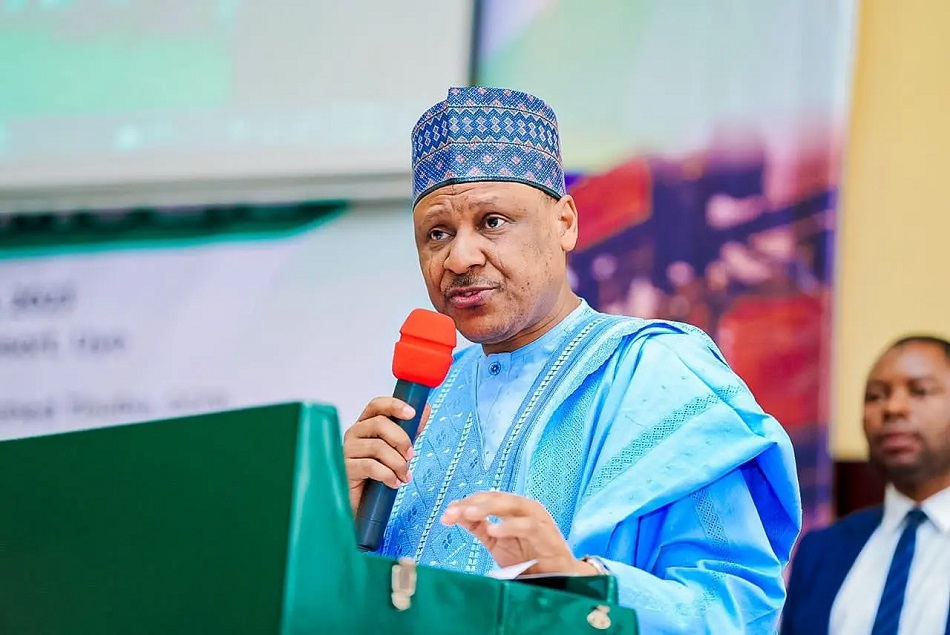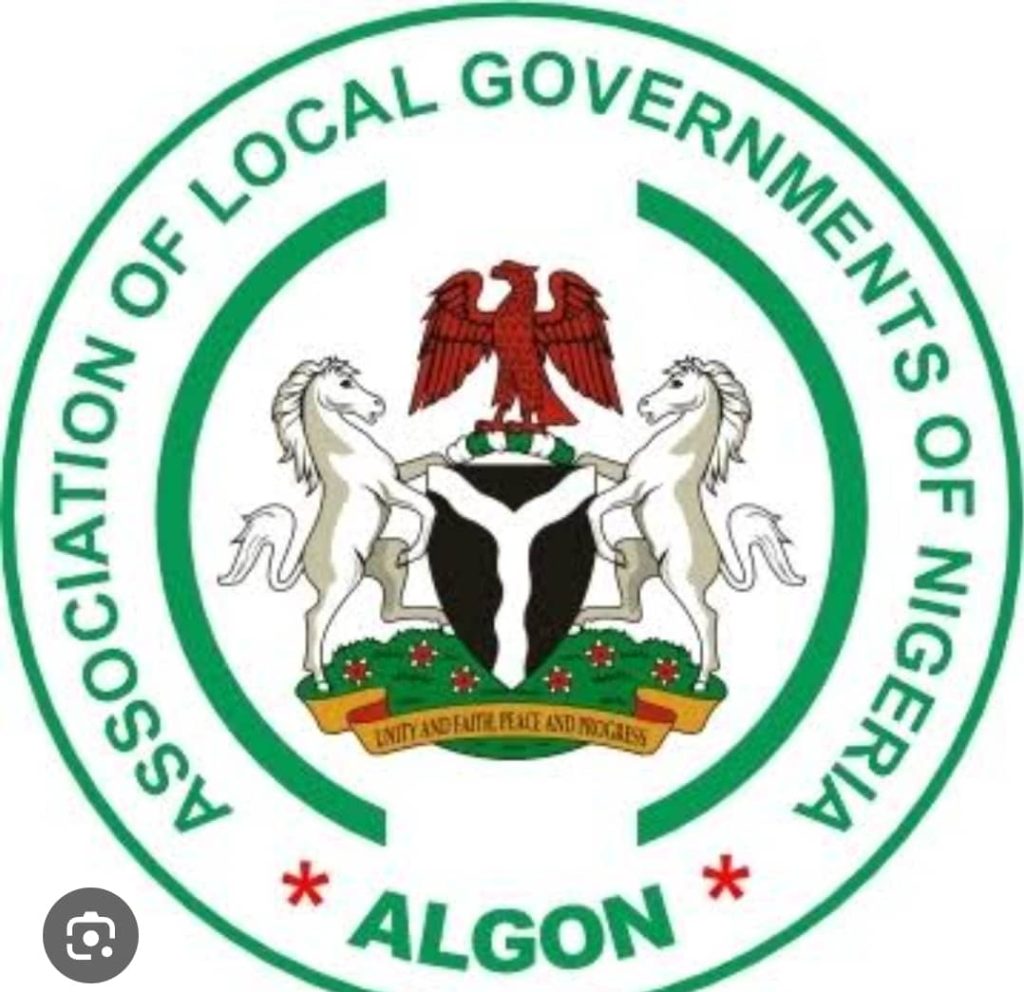The Nigerian naira continued to face pressure in the unofficial foreign exchange market, with the exchange rate for Monday, November 24, 2025, weaker than the official rate recorded on the Nigerian Foreign Exchange Market. According to data, the black market rates stood at 1,450 to 1,460 per $1 for buying and 1,470 to 1,480 per $1 for selling. These rates are subject to slight fluctuations depending on location and the volume of currency being exchanged.
In contrast, the official Investors’ and Exporters’ Window rate closed at 1,452.68 per $1 on November 23, 2025. The notable gap between the official and parallel rates suggests that foreign currency demand in the retail and informal sectors is still being predominantly served by the black market. This disparity has been a persistent issue, with the naira facing pressure across both official and parallel windows.
Despite the challenges, Nigeria’s foreign exchange market has shown mixed signals, with a consistent and modest increase in external reserves. The reserves stood at $44.19 billion as of Thursday, representing a 1.26% increase from $43.64 billion on November 14. This increase has been observed despite the exchange rate volatility.
Currency traders are closely watching the Central Bank of Nigeria’s next policy decisions, particularly regarding liquidity injections and interest rate adjustments. The bank’s actions will likely have a significant impact on the country’s foreign exchange market and the value of the naira.
The naira’s performance is being closely monitored, and the current trends suggest that the demand for foreign currency remains high. The Central Bank of Nigeria’s efforts to manage the foreign exchange market and stabilize the naira will be crucial in the coming days. As the country’s economy continues to evolve, the foreign exchange market will remain a key area of focus for policymakers, businesses, and individuals alike.
The recent increase in external reserves is a positive development, and it will be important to see how the Central Bank of Nigeria utilizes these funds to support the economy. The bank’s policy decisions will have far-reaching implications for the country’s economic growth, inflation, and employment rates. As the situation continues to unfold, it is essential to stay informed about the latest developments in Nigeria’s foreign exchange market and their potential impact on the economy.



